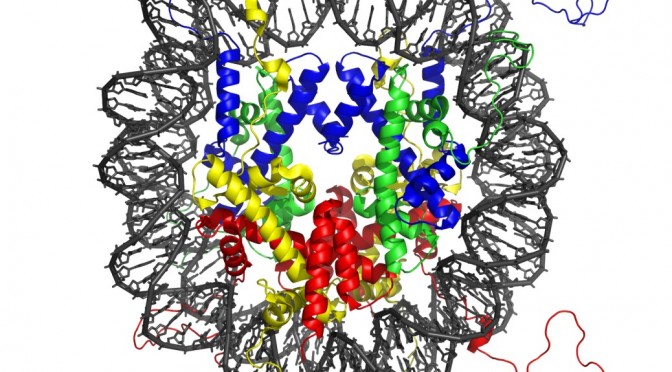Acetylation and memory
The capacity to remember things decreases with aging. A new study showed that older mice exhibited a erroneous acetylation pattern of histone H4 lysine 12 and therefore failed to activate a genetic program in the hypocampus needed to consolidate memories. When 3 month old mice underwent fear conditioning, the expression of 2229 genes changed while only 6 genes had a different expression in 16 moth old mice. Moreover, from the 2229 genes that were expressed differently in young mice, 1539 are specifically linked to associative learning. Previous studies had already indicated that acetylation is important in the formation of long-term memories. Repairing the acetylation program by adding the histon deacetylase inhibitor suberoylanilide hydroxamic acid (SAHA) increased the expression of learning associated genes and restored the cognitive abilities of the old mice.
Peleg et al. Altered Histone Acetylation Is Associated with Age-Dependent Memory Impairment in Mice. Science, 2010, 328(5979): 753-756.

